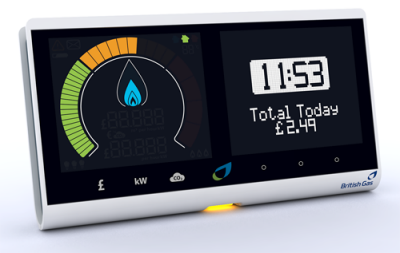The UK government has published Q2 2023 figures on the smart meter rollout showing that 58% of meters in Great Britain are now smart or advanced meters.
Over 33 million smart meters are now installed in homes and businesses across the GB energy market, with 30.3 million operating in smart mode. Q2 2023 saw 834,500 smart or advanced meters installed by large energy suppliers.
The Q2 figures include updates from all large energy suppliers and data from small suppliers up to the end of 2022. The figures show a decrease in the pace of installations, which were 7% down from the previous quarter, and 4% down from the same quarter in 2022.
Smart meters help customers manage their energy use and support the transition to a low carbon energy system, which Current± discussed with NTT DATA’s head of data, Oliver Bridges, earlier this week.
In June, the Department for Energy Security and Net Zero (DESNZ) published a report calling smart meters a “critical tool in the transition to a low carbon energy system”. In the same month, the National Audit Office (NAO) warned that DESNZ “faces challenges in meeting its latest targets”.
The government is expected to face difficulties in reaching its smart meter target which was targeting 100% coverage by 2025 before being scaled back to have smart meters installed in 80% of homes and 73% of small businesses by the end of 2025.
However, with less than 1 million smart meters being installed every three months, it seems that this target is also unlikely to be met.
On the political right in the UK, the anti-net zero campaign has also been targeting smart meters, which some commentators accuse of being a way to spy on consumers or cut off their electricity supply without having to enter a home.
One commentator on right wing blog The Conservative Woman even suggested that smart meters cause harmful electromagnetic fields.
According to the National Audit Office, energy suppliers argue that “they have exhausted the ‘low hanging fruit’ of customers who want devices and therefore call for new policies to support the roll out – such as mandating that any new homes built have a smart meter installed by default”.






